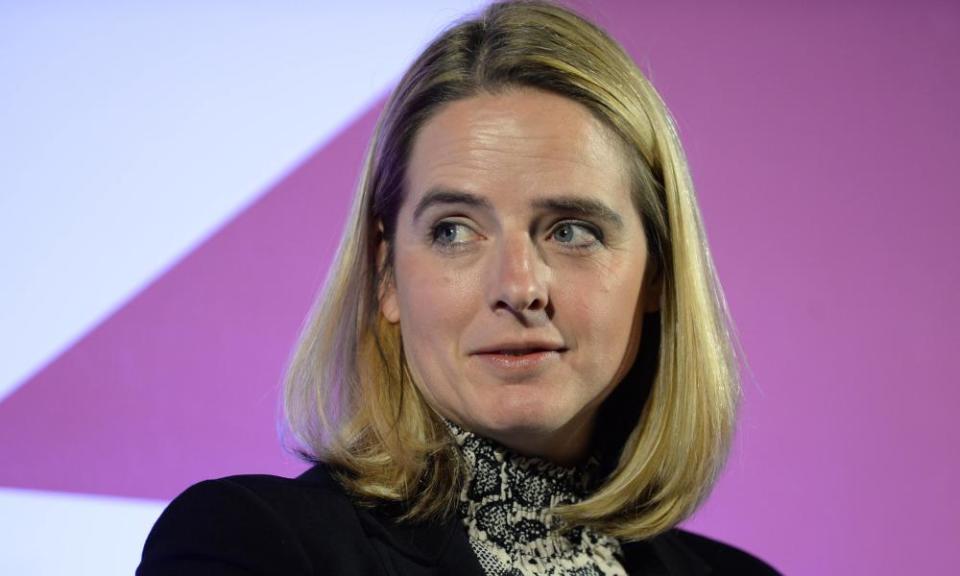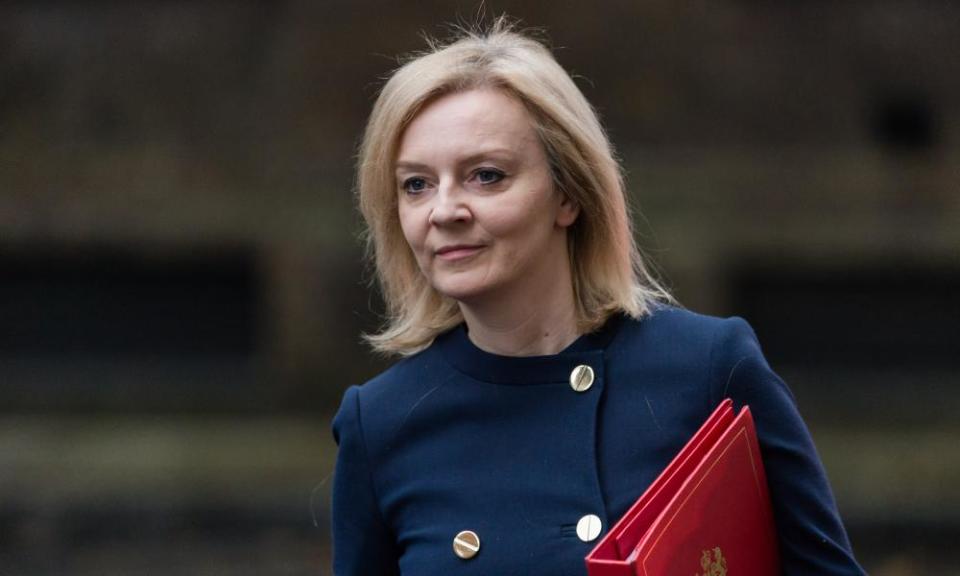New equalities commissioner attacked ‘modern feminism’ and #MeToo

One of the government’s newly appointed equality commissioners said that modern feminism disempowers women and blamed the MeToo movement for ruining men’s reputations without due process, the Observer can reveal.
Jessica Butcher, a successful digital entrepreneur, was last week appointed as one of four new commissioners at the Equality and Human Rights Commission (EHRC) by Liz Truss, the minister for women and equalities.
The EHRC’s role is to enforce the Equality Act, Britain’s key equality law, and to reduce inequality and tackle discrimination. Commissioners help set the body’s strategic direction.
But in a series of speeches, interviews and articles, Butcher – who describes herself as an “old-school feminist” – has criticised many recent feminist campaigns, including on issues in which the EHRC plays a significant role.
In a talk in 2018, Butcher said: “Feminism, like other forms of identity politics, has become obsessed with female victimhood. Whereas it once used to be about the portrayal of women as mature, equal partners in society, it now seems more to be about girl power – and yet it disempowers, assumes that we’re weak and defenceless, like children.”
She added: “Working-class girls have been deprived of jobs that they love such as Page 3 girls and [Formula One] grid girls because other women disapprove of them. What happened to ‘my body, my choice’?”

She also criticised the MeToo movement: “Men have had their careers and reputations ruined overnight by MeToo – some possibly justly, but without any due process, no innocence until proven guilty.”
Butcher has also criticised a feminist “narrative of discrimination” for reducing women’s confidence in pursuing careers. She does not deny that gender discrimination exists, but in an interview last year, she suggested that women who think they have been discriminated against should find a way around it rather than complaining.
“Even if it was due to discrimination, the most productive reaction to that is not wounded insecurity, go cry to someone about how you might have been gender-discriminated against,” she said, “but it’s to actually go ‘well come on then, I’ll show you’ and take the onus to circumvent the situation in some way.
“You know, resilience, it should be about resilience, and I feel that the narrative of discrimination and victimhood undermines both that confidence and that resilience and also the individual onus to take ownership of how you put yourself forward, and to mould yourself, change yourself to the circumstances as required.”
The EHRC periodically intervenes in legal action against discrimination, including a case where a job offer was withdrawn because the woman was pregnant.
Harriet Harman, the former Labour deputy leader and key driver behind the Equality Act, told the Observer: “The whole point of the EHRC is to fight against inequality. Its commissioners need to be people who understand the pernicious nature of discrimination and prejudice, who’ll expose it and drive change.
“The government’s twin role is to appoint commissioners who are fearless proven champions in the fight against inequality and provide the EHRC with sufficient resources. Right now it seems to be doing neither.”
Sam Smethers, the chief executive of the Fawcett Society, said: “With these appointments one can only conclude the government is more interested in undermining the credibility of the EHRC rather than ensuring we have an independent and effective statutory body with a strong understanding of structural inequalities. There are some experienced people working at the commission doing important work. They need commissioners who can be effective champions.”
Butcher is a critic of narratives around the gender pay gap. In a CityAM article in 2018, she wrote that “these disparities are hugely affected by a potential positive: female choice”.
She asked: “What is ‘power’ if not choice? And why is the choice to enjoy time with young families never presented as a positive, for women or men, but only ever portrayed alongside the negative ramifications it has for the pay gap and representation in the workplace?”
The gender pay gap is a major focus for the EHRC, which takes legal action against employers that fail to report gender pay gaps for their workforces.
“We know that women’s choices are constrained when it comes to work because of the unequal division of care between men and women, and that women have very little choice but to go into part-time work because of the lack of flexible quality jobs, and a lack of affordable flexible childcare,” said Sian Elliott, a policy officer at the TUC. “It’s not a choice that women make. It is a necessity that many women have to go into part-time work because they need to be able to balance work and care.”
Butcher declined to answer specific questions from the Observer about her views. In a statement she said: “I’m delighted to be appointed to the role of EHRC commissioner, I’m confident my background in business gives me a strong understanding of the work and goals of the organisation. I look forward to working with my fellow commissioners to advance equality issues in the UK.”
A spokesperson for the government’s “equality hub”, which is part of the Cabinet Office, said: “The new EHRC commissioners were chosen as part of a fair and open competition, and each of them brings an expert knowledge base to the role. We are confident that they will help the EHRC carry out its important work of upholding and advancing equality and human rights at this vital time for the United Kingdom.”

 Yahoo Finance
Yahoo Finance 